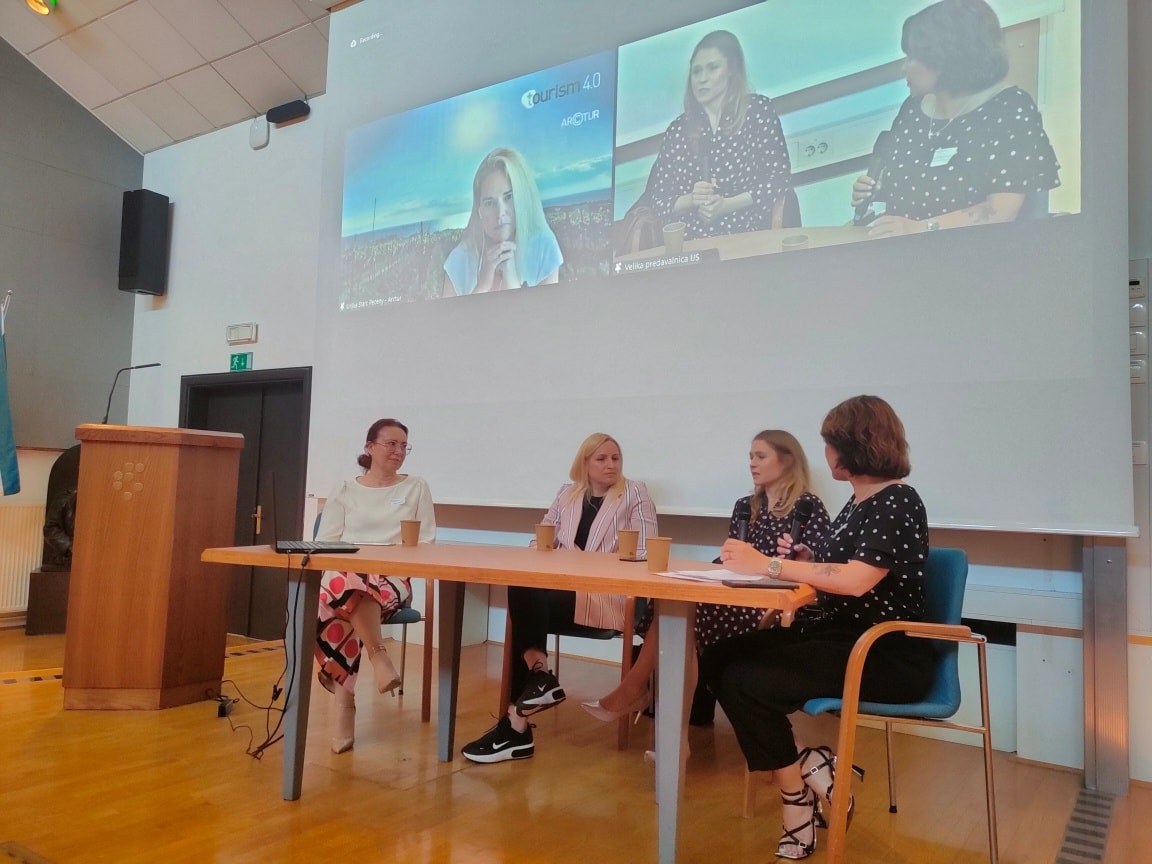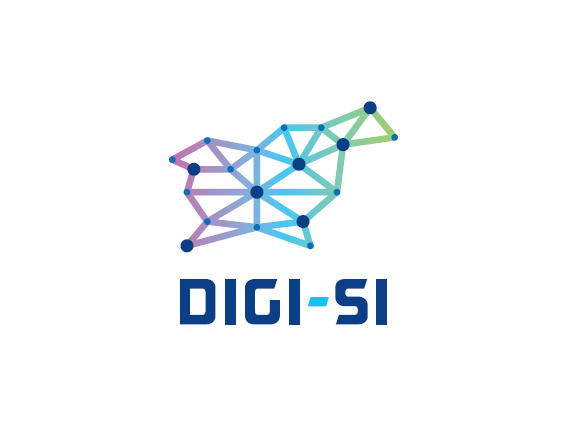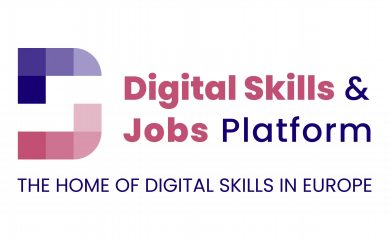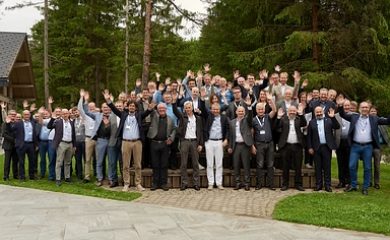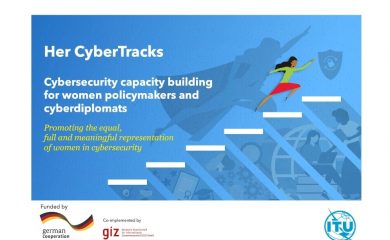The Digital Coalition, the Digital Innovation Hub Slovenia (DIH Slovenia) and the Government Office for Digital Transformation organised the conference to highlight the role and experience of a number of Slovenian digital experts. The 17 speakers were unanimous that women can play an important role in filling the ICT skills gap. This was also supported by the two documents presented - the Declaration on Women in Entrepreneurship and Innovation and the EU Declaration on Women and Digitalisation.
Gender diversity has a strong, positive impact on GDP, was heard in a roundtable discussion on the challenges of managing ICT organisations, chaired by MSc. Katja Mohar Bastar, Director of DIH Slovenia. Mirjana Dimc Perko, Incon, also summarised the research of the Manager Association and, in addition to the beneficial effect of gender diversity, pointed out that the coefficient of return on investment in Fortune 500 companies with at least 3 women on their boards is 46% higher. Microsoft Slovenia has a systematic approach to creating diversity in the company; Barbara Domicelj pointed out that this diversity also contributes strongly to additional product development. Sonja Šmuc, Head of Strategic Projects at Dewesoft and CEO of Blueberry, added that changing the organisational culture of companies in the light of ensuring equal opportunities is primarily a long-term process that cannot happen overnight, and she believes that better results from diverse teams are certainly the result of a culture of selecting the best people, regardless of gender.
The second panel, moderated by Tanja Bivic Plankar, Blockchain Alliance Europe, focused on the introduction of advanced technologies in modern business systems. Ana Lukner Roljič, Truhomam, started from the linking of philanthropy with blockchain technologies. She believes that blockchain technology with the ability to track donations is perfect for transforming philanthropy to full transparency. This raises the question of trust in technologies. Urška Starc Pečeny, Arctur, highlighted in particular the process of building people's trust in technologies and their use, while Špela Ajdišek Robič, Siemens, added that the heart of innovative power lies not in the development of technologies themselves, but in the approach of how technologies are implemented into useful value for the good of society. Another major challenge is the different understanding of the concepts of modern technologies among different stakeholders, noted Maja Škrjanc, Jozef Stefan Institute, adding that this can be overcome through discussion, the involvement of different experts and mainstreaming in the education system from primary school onwards.
Marija Komatar, Pitea, discussed education for the digital future. Dr Veronika Dolar, Suny Old Westbury New York, OE4BW, highlighted open education as an opportunity for new perspectives, new approaches and ways to bring a topic to those who are not interested in the field, as open pedagogy makes students not only consumers, but creators of information. We need to be aware that we are lifelong learners, added Ana Pleško, Simbioza. Simbioza creates tailor-made programmes through various forms of non-formal education, and in recent years they have also put special emphasis on involving girls in learning new technologies through various projects. Dr Tatjana Dragovič, Associate Professor, Cambridge University, concluded her presentation by saying that ICT is a life skill, not a domain skill, and that this should be taken into account in curriculum development.
Although the Women for Digitalisation conference focused mainly on three areas of challenge, the speakers were unanimous - the ICT skills shortage will be addressed by encouraging young girls (and boys) in particular to pursue a career in ICT in the long term.
Join us for an online event on 7 June, when we will hear the experiences and reflections of Women for digitalisation at an international level. Details of upcoming events can be found HERE.



